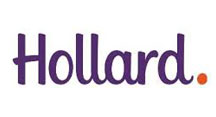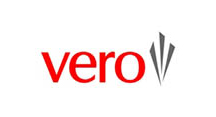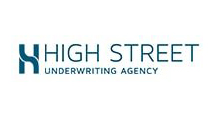Public liability insurance covers a business when a third party is caused injury or loss because of that business. Different things may be covered depending on the industry, and the work that’s conducted. While not every business has to have public liability insurance, it offers many potential benefits to small and medium sized establishments especially in the trade industry, as it’s necessary to be allowed onto work sites.
The following are a few typical things that public liability insurance covers:
Property damage
If the property that you’re renting for your business is damaged, then having public liability insurance may cover it. An example of property damage could be a fire, or windows being broken. If property damage occurs in New South Wales (NSW), a claim needs to be made as soon as the damage occurs; this is because the limitation period for a claim starts when the damage happens, not when the insurers decline indemnity. Property damage may occur if a client or customer visits your place of work and causes damage; the insurance also covers you if you need to go to someone else’s property to do work, and you cause damage while there.
Injury or death
Injury is probably the most well-known type of liability. It occurs when someone is injured either on the business property or as a result of their services or products. An example is when someone gets food poisoning from a restaurant. They may be able to sue the restaurant for making them sick. Other examples are when someone trips and injures themself because the office floor was covered with water, or when someone hurts themself doing something that should’ve been warned against, such as diving into the shallow end of a pool.
What is Not Covered by Public Liability Insurance*
Nervous shock
Every year, an average of 20% of people struggle with mental health issues, and in some cases, these are caused by the workplace. If emotional distress is caused by negligence in the workplace, and the harm is recognised as a psychiatric illness, then the victim can sue the business.
Emotional stress may be caused by:
- High job demand
- Poor support
- Low role clarity
- Remote and isolated work
- Violent or traumatic events
Nervous shock can also occur when someone sees an accident or death at the workplace and becomes traumatised by it. This can lead to an array of mental health issues for the individual, and to them being unable to work or function properly on a day-to-day basis.
If someone tries to sue a company for nervous shock, it typically may not be covered by public liability insurance. Workers compensation and management liability insurance is recommended for cover against employee claims against you.
Consequential loss
This is also referred to as indirect loss and may occur when one business indirectly causes another business to lose expected revenue. This usually occurs when there’s been a breach of contract.
An example is when a contractor enters into a contract with a business to renovate their shop before they can open. It’s stated in the contract that all renovations must be finished by a certain date, so that the shop can start earning money. If the contractor doesn’t finish by the given date, and it’s due to a lack of work, then the business may be able to sue because they’re losing money that they expected to have.
Consequential loss is not typically covered by public liability or any insurance; it’s typically a business risk.
In Conclusion
Public liability insurance covers businesses from third party claims where they may have caused injury or loss. It’s not mandatory for every business to have it, but it’s suggested and is especially important for small and medium sized businesses. It also depends what industry the business is in; the trades industry, for instance, must have it to be allowed onto work sites, but this isn’t the case in most other industries.
Typically, public liability insurance covers third party injury, death, property damage caused by your business, under certain circumstances. Negligent advice, employee claims against you and consequential loss typically are not covered by public liability.





